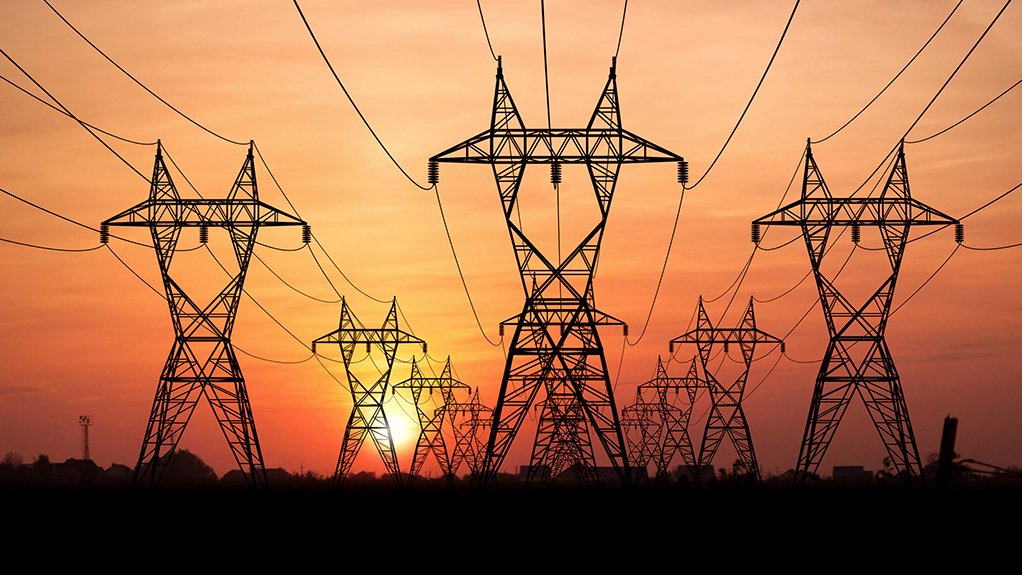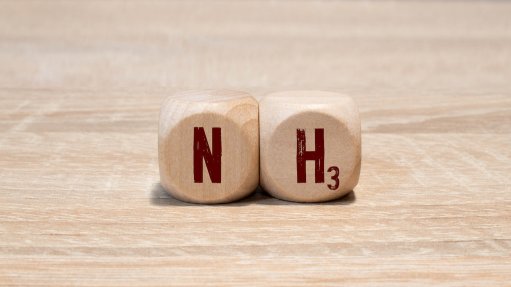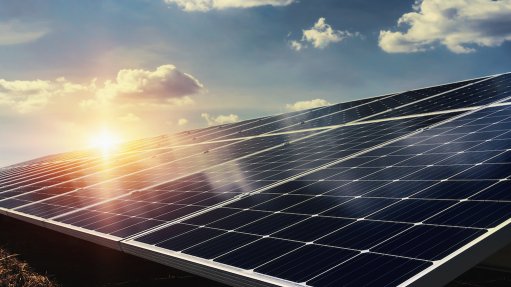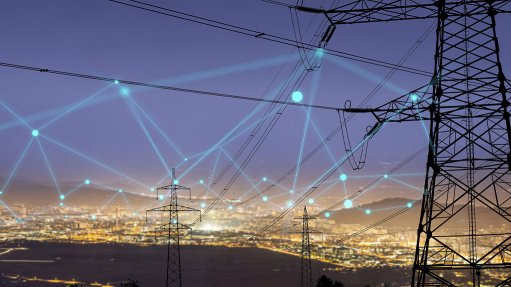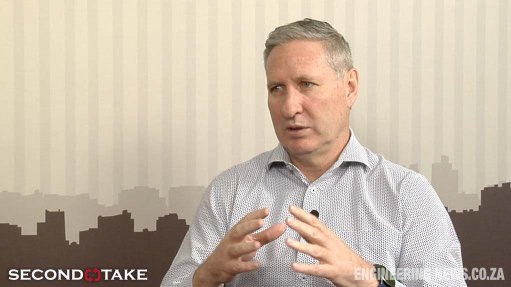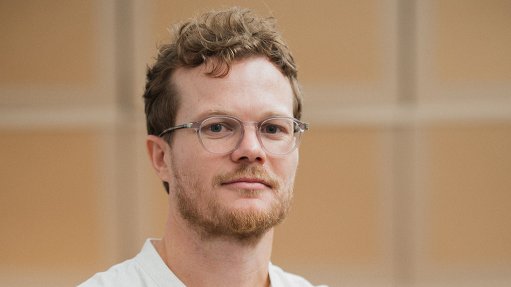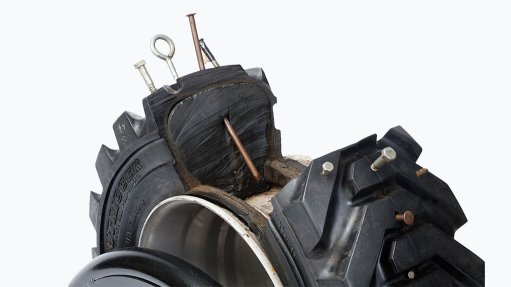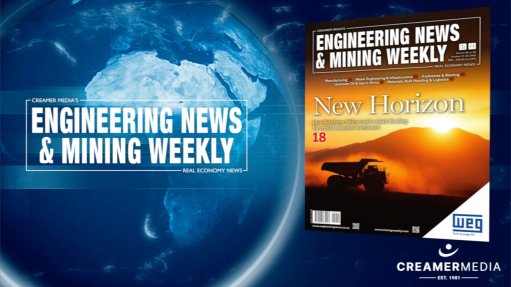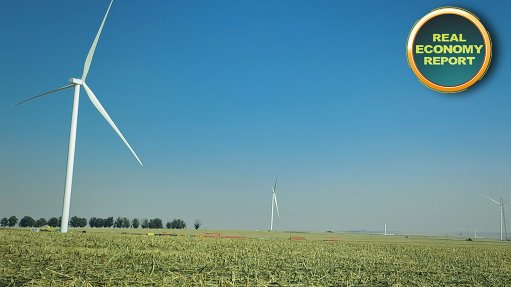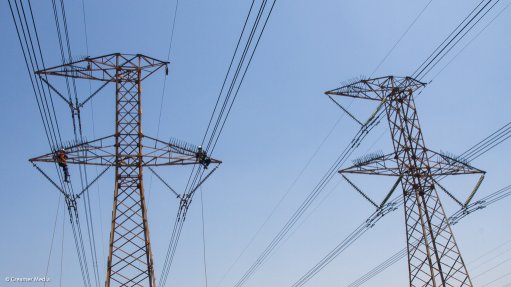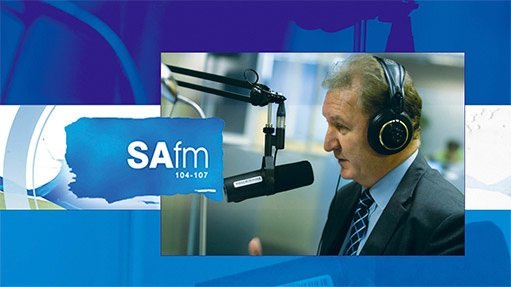Transmission infrastructure should also be privatised, investment firm argues
While electricity generation capacity in South Africa is increasingly being privatised and decentralised, the government has stated that transmission infrastructure must remain in the hands of the public sector to ensure equal access.
However, uncertainty remains regarding whether the government will be able to expand the transmission grid sufficiently and quickly enough to accommodate the plethora of renewable electricity generation projects that are being held up by transmission bottlenecks, particularly in the Northern Cape, where the most opportunities for renewable energy generation capacity lie.
“Just as much as we have a plan around getting renewables onto the grid and creating additional capacity, there's a challenge around the grid to actually take on that additional capacity.
“So, we have the solutions. However, we have an infrastructure that does not enable the implementation of those solutions,” Development Bank of Southern Africa CEO Boitumelo Mosako said at the inaugural ‘In Perspective Infrastructure Forum 2023’, hosted by investment firm Ninety One, in Johannesburg, on March 15.
Ninety One chief sustainability officer Nasmeera Moola noted that the Northern Cape had some of the best renewable energy resources in the world, but that the 200 MW grid connection from the Northern Cape to Mpumalanga was built when power was mainly generated in Mpumalanga and sent out to the Northern Cape.
It was never built to take power from the Northern Cape. She suggested the possibility of a build-operate-transfer model, which is a contractual relationship in which a service provider is appointed to set up, optimise and run a service delivery operation with the contractually stipulated intent of transferring the operation to the State as a captive centre.
“I am very sensitive to the issues of equity and access, but it has been proven in the toll road space that a build-operate-transfer model can be successful for the government. Is that not something we should be thinking of much more broadly?” she asked.
Mosako believes it is possible but that the right kind of leadership is needed to make it happen.
“You can see that these things are possible. But what it takes is the right leadership because just as much as we can have the conversations, we can have the fund distributions, we need the right leadership for all of these things to happen,” she said.
These discussions come amid what Mosako said was a dire economic situation in South Africa, exacerbated by the crippling effects of relentless loadshedding.
“Small business, big business, everybody is struggling. Small businesses are closing down daily. Big business is really suffering too,” Mosako said.
She noted that there was a problem of electricity generation and transmission on the one side, and then for the commodity sector, there was the problem of being able to get products out of the country owing to a series of problems with the public freight rail operator Transnet.
“So now it's not even an internal issue. It's now being externalised. Because trade, as we know, is not happening as expected,” Mosako said.
She said the inadequacy seen in roads and rail, and the challenges South Africa was having with loadshedding and transmission requirements, required an urgency in terms of private sector and public sector collaboration to come up with solutions.
She noted that the Ninety One-hosted forum was a demonstration of that urgency.
Insofar as resolving South Africa's electricity infrastructure issues is concerned, Mosako believed the message from the government was clear. This was that privatisation was the way forward, since the government was incapable of shouldering the responsibility on its own.
However, Mosako noted that a more enabling regulatory environment was needed.
“We had the fourth-quarter [gross domestic product] numbers out last week, which showed a contraction of 1.3% quarter-on-quarter. The bulk of the reason for it was an unexpected contraction in exports.
“It is not surprising once you think about the issues we've seen on the coal rail line, where last year we exported over 50-million tonnes. That line has a nameplate capacity of 90-million tonnes, and it's been contracting year after year. We are now at 50-million tonnes. In January, the run rate was only 41-million tonnes. It's getting worse," Moola said.
She noted that the mining sector in the fourth quarter of last year produced 10% less in terms of volumes than it produced in the fourth quarter of 2019.
"South Africa's economy as a whole is back to pre-Covid-19 levels. But the mining sector is 10% behind. The mining sector accounts for a third of corporate profits and a third of corporate tax revenues, and about 10% of overall tax revenues, and accounts for two-thirds of exports. So it's not a surprise that the rand is underperforming, and there are concerns for us on the Budget," Moola said.
Article Enquiry
Email Article
Save Article
To advertise email advertising@creamermedia.co.za or click here
Comments
Announcements
What's On
Subscribe to improve your user experience...
Option 1 (equivalent of R125 a month):
Receive a weekly copy of Creamer Media's Engineering News & Mining Weekly magazine
(print copy for those in South Africa and e-magazine for those outside of South Africa)
Receive daily email newsletters
Access to full search results
Access archive of magazine back copies
Access to Projects in Progress
Access to ONE Research Report of your choice in PDF format
Option 2 (equivalent of R375 a month):
All benefits from Option 1
PLUS
Access to Creamer Media's Research Channel Africa for ALL Research Reports, in PDF format, on various industrial and mining sectors
including Electricity; Water; Energy Transition; Hydrogen; Roads, Rail and Ports; Coal; Gold; Platinum; Battery Metals; etc.
Already a subscriber?
Forgotten your password?
Receive weekly copy of Creamer Media's Engineering News & Mining Weekly magazine (print copy for those in South Africa and e-magazine for those outside of South Africa)
➕
Recieve daily email newsletters
➕
Access to full search results
➕
Access archive of magazine back copies
➕
Access to Projects in Progress
➕
Access to ONE Research Report of your choice in PDF format
RESEARCH CHANNEL AFRICA
R4500 (equivalent of R375 a month)
SUBSCRIBEAll benefits from Option 1
➕
Access to Creamer Media's Research Channel Africa for ALL Research Reports on various industrial and mining sectors, in PDF format, including on:
Electricity
➕
Water
➕
Energy Transition
➕
Hydrogen
➕
Roads, Rail and Ports
➕
Coal
➕
Gold
➕
Platinum
➕
Battery Metals
➕
etc.
Receive all benefits from Option 1 or Option 2 delivered to numerous people at your company
➕
Multiple User names and Passwords for simultaneous log-ins
➕
Intranet integration access to all in your organisation



